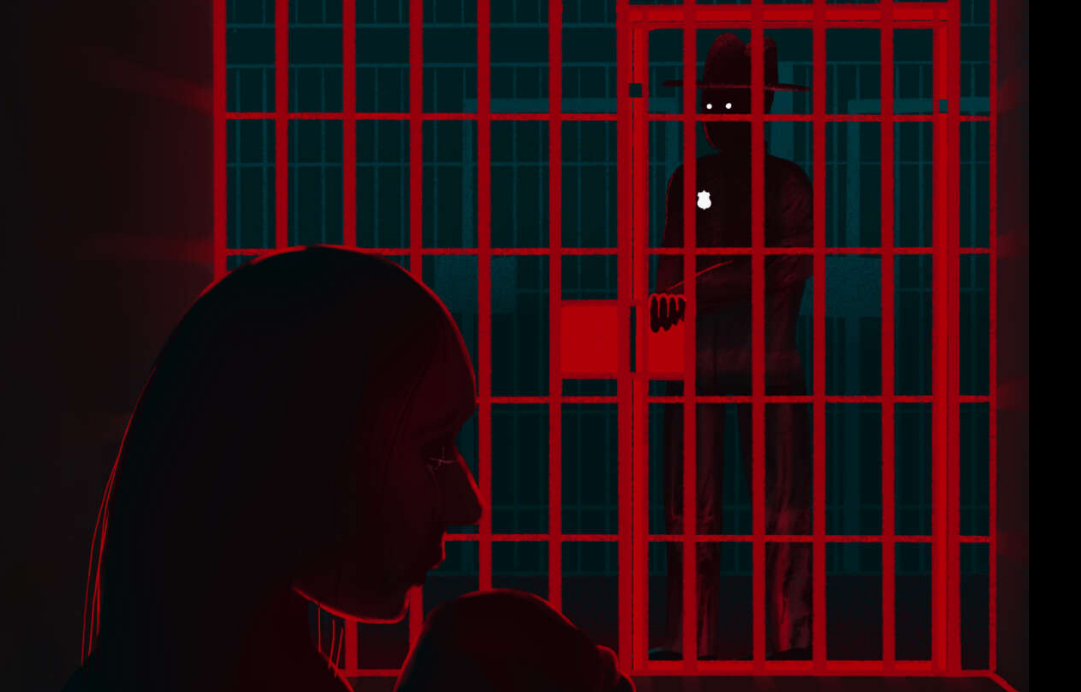Survivors of Gender-Based Abuse Often Twice-Victimized in Prison
Domestic, sexual violence often rejected as justifications for self-defense

Thousands of the women and trans and gender nonconforming people who are doing time in U.S. prisons have been doubly victimized — hurt first by other people, and then victimized by the criminal legal system charged with their care and supervision.
The vast majority of women in prison have been victims of violence prior to their incarceration, including domestic violence, rape, sexual assault and child abuse, and as many as 90% of the women in prisons today for killing men had previously been battered or abused by those men.
Overall, Women receive harsher sentences for killing their male partners than men receive for killing their female partners. The average prison sentence of men who kill their female partners is two to six years; women who kill their partners are sentenced on average to 15 years despite the fact that the overwhelming majority of women who kill their partners do so to protect themselves or their children by violence initiated by their domestic partners.
In December 2022, a bipartisan Senate investigation found widespread sexual abuse of women in prison by the male wardens, officers and volunteers tasked to protect them, uncovering incidents inside at least two-thirds of the federal facilities that housed women over the past decade. The Senate Permanent Subcommittee on Investigations also identified serious flaws in how such allegations are investigated and punished by the Justice Department.
"Our findings are deeply disturbing and demonstrate in my view that BOP (Bureau of Prisons) is failing systemically to prevent, detect and address sexual abuse of prisoners by its own employees," said Sen. Jon Ossoff, a Democrat from Georgia who led the investigation.
Prison guards accused of sexual misconduct often go unpunished. In 2017, only ten prison employees in the entire federal system were disciplined for sexual misconduct. The Bureau of Justice Statistics found that, of 539 corrections officers and other prison staff implicated in 508 substantiated incidents of sexual misconduct in 2017, only 36% were referred for prosecution; 55% were discharged and 9% were disciplined but not discharged.
Survived + Punished is an organization that affirms the lives and self-determination of all survivors of domestic and sexual assault. They endorse efforts to abolish anti-survivor systems and create approaches that prioritize accountable, community-based responses to domestic and sexual violence, and look forward to the day when survivors do not have to resort to calling 9-1-1, anonymous hotlines, restrictive shelters far from home, and broken legal systems in their attempts to find support
You can read their April 2022 report titled "Defending Self-Defense - A Call to Action by Survived + Punished" by visiting their website.










